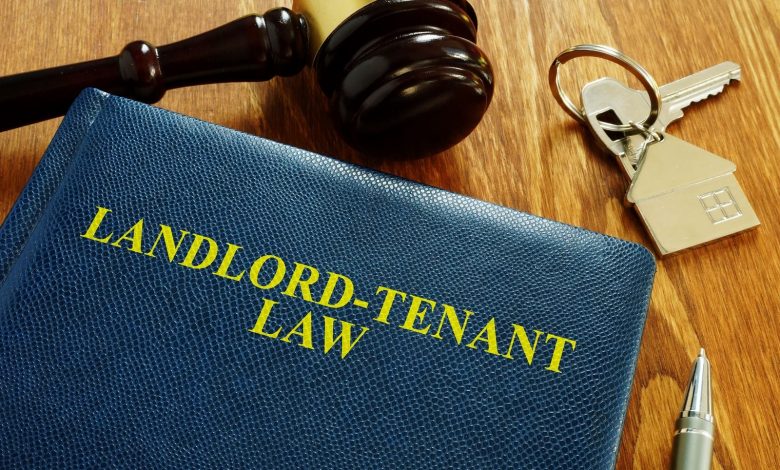Your Rights as a Tenant in the UK

If you are a tenant in the UK, it is paramount to comprehend your privileges. There are many laws in action to safeguard residents from dishonest treatment by lessors. If you are undergoing any troubles with your rental property, it is essential to seek legal help.
This write-up will explore the most vital rights that tenants have in the UK. We will also provide information on how to get in touch with a tenant lawyer if you need further assistance.
The Right to Rent
All tenants in the UK have the privilege to lease a property. This means landlords cannot refuse to rent to you based on your ethnicity, faith, national ancestry, or sex. Landlords also cannot ask for proof of your immigration status before renting to you.
The Right to Quiet Enjoyment
You have the liberty to “quiet enjoyment” of your rental property. This means that you can use it for its intended purpose without interference from the landlord or other tenants.
The Right to a Habitable Rental Property
Landlords are required by law to provide habitable living conditions for their tenant(s). This includes supplying running water, heating and cooling, and safe and secure premises. If your rental property is not meeting these norms, you can carry out permitted action against the lessor.
The Privilege to Privacy
You have the ownership of privacy in your rental property. This means that the landlord cannot enter your home without your consent unless there is a crisis. The landlord also cannot spy on you by listening in on phone calls or reading your mail.
The Right to Sublet Your Rental Property
You have the right to sublet your rental property, which means that you can rent it out to another tenant (s) for some time. However, this may require permission from the landlord or homeowners association (HOA).
The Right to an Eviction Notice
If you are being evicted from your rental property, the landlord must give you a written notice at least 30 days before it goes into effect. This is called “notice of intent” or “notice to quit.” It may be sent via mail with tracking information so that you have proof of receipt.
The Right to a Written Lease Agreement
You have the right to request a written lease agreement before moving into your rental property. This document should include all terms and conditions related to your tenancy, including the rent amount, due dates, tenant responsibilities (e.g., lawn care or snow removal), and length of the lease.
What to Do When Things Don’t Go Straight
Landlords have several legal obligations to the tenant(s). These include ensuring that the rental property is in habitable condition, providing written notice of eviction or rent increases (if applicable), and complying with all other terms agreed upon in the lease agreement.
However, sometimes things don’t go right. If you believe your landlord has violated one of these obligations, it is essential to hire a tenant lawyer and take legal action. They can reevaluate your circumstances and inform you of the subsequent measures.
FAQs
Q: How do I know if my landlord is disregarding my rights?
A: Check the lease agreement for a list of tenant rights. If your landlord is violating any of these rights, you can take legal action.
Q: How much does it expense to hire a tenant lawyer?
A: This will vary depending on the lawyer’s experience and location. However, most of them offer free consultations so that you can discuss your case and
Q: Can a tenant lawyer help me get out of my lease?
A: If your landlord is violating one or more tenant rights, the tenant lawyer can help you break the lease and move out. They might also be able to negotiate with your landlord to reduce any future rental payments due under the terms of the agreement.
Conclusion
If you are experiencing problems with your rental property, it is important to seek legal help from a tenant lawyer as soon as possible. This way, the issue can be resolved before it gets out of hand.
They will review your situation and advise you on the subsequent steps to take, such as filing an eviction notice or suing for breach of contract.



